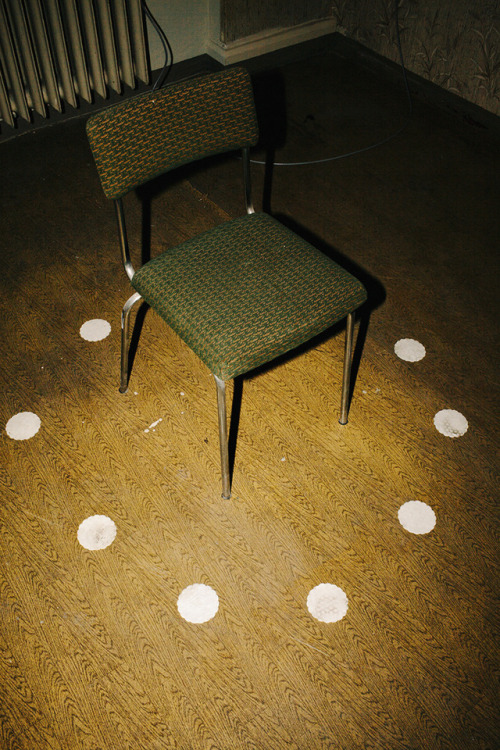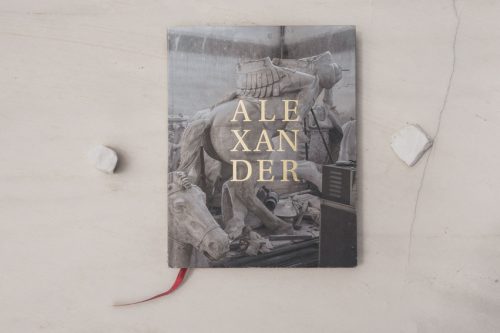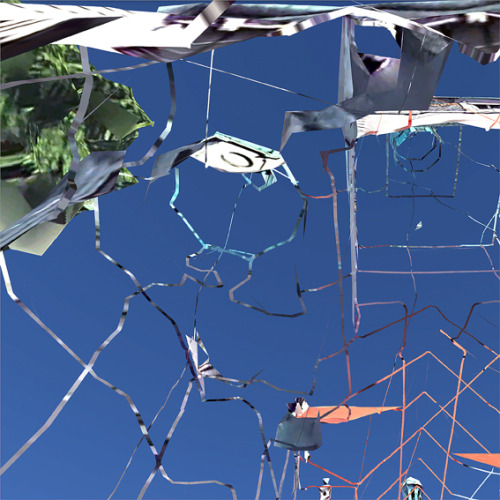

SHOW + TELL: Kathrin Ganser und Karolina Spolniewski
Während des SHOW + TELL präsentierten Kathrin Ganser und Karolina Spolniewski ihre Arbeiten.
(Foto: Kathrin Ganser, Digitale Ruinen)
Kathrin Ganser
Kathrin Ganser: “My work Digital Ruins/Ground Views – Digitale Ruinen/Bodenansichten consists of an archive of found pictures from the world wide web, here particularly from Google Maps 3D views, with which I investigate digital aesthetics and “errors” produced by algorithms. The series consists of image maps with different aesthetic characteristics: from the dissolution of forms to sculptural and painterly elements. The aesthetic cosmos and pictorial spaces emerging are examined, translated into photography and archived, creating an “archive of the archive”. The work can be contextualised at the intersections of photography and space, spatial image and pictorial space, image and sculpture. The virtual products and their media-based aesthetics of the generated image contain a new visual language formulated by myself, which I show in work groups and series as well as in spatial installations. The work contains themes of authorship, photography without a camera, generated image generation, but also the political mixture situation. The algorithm-based technology not only affects our perception and presumably actions, but also generates them itself. On the one hand, the border between the virtual spatial image and the viewer is blurred by the action of the navigation. On the other, it also persists through the artificiality of the pictorial spaces.”
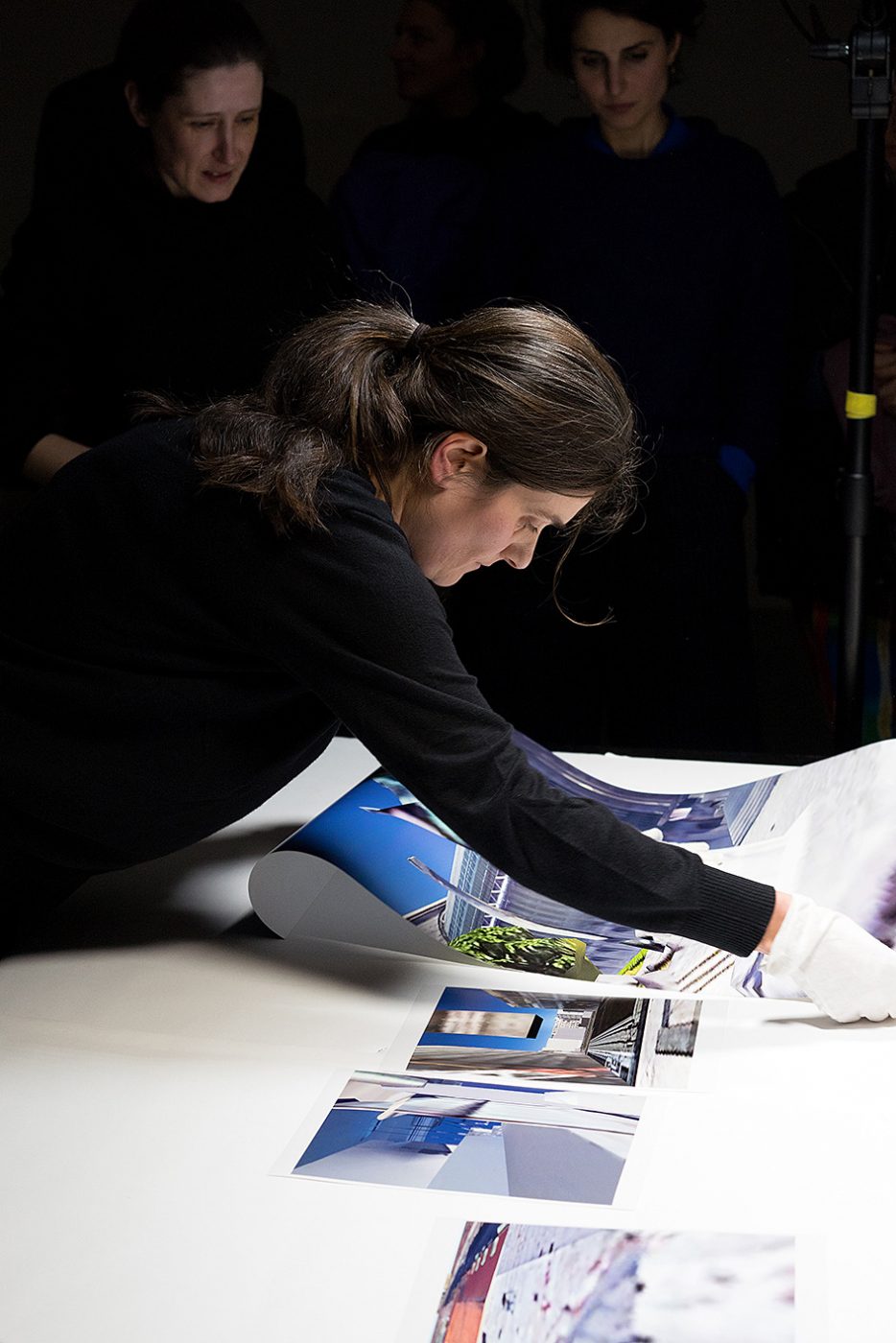
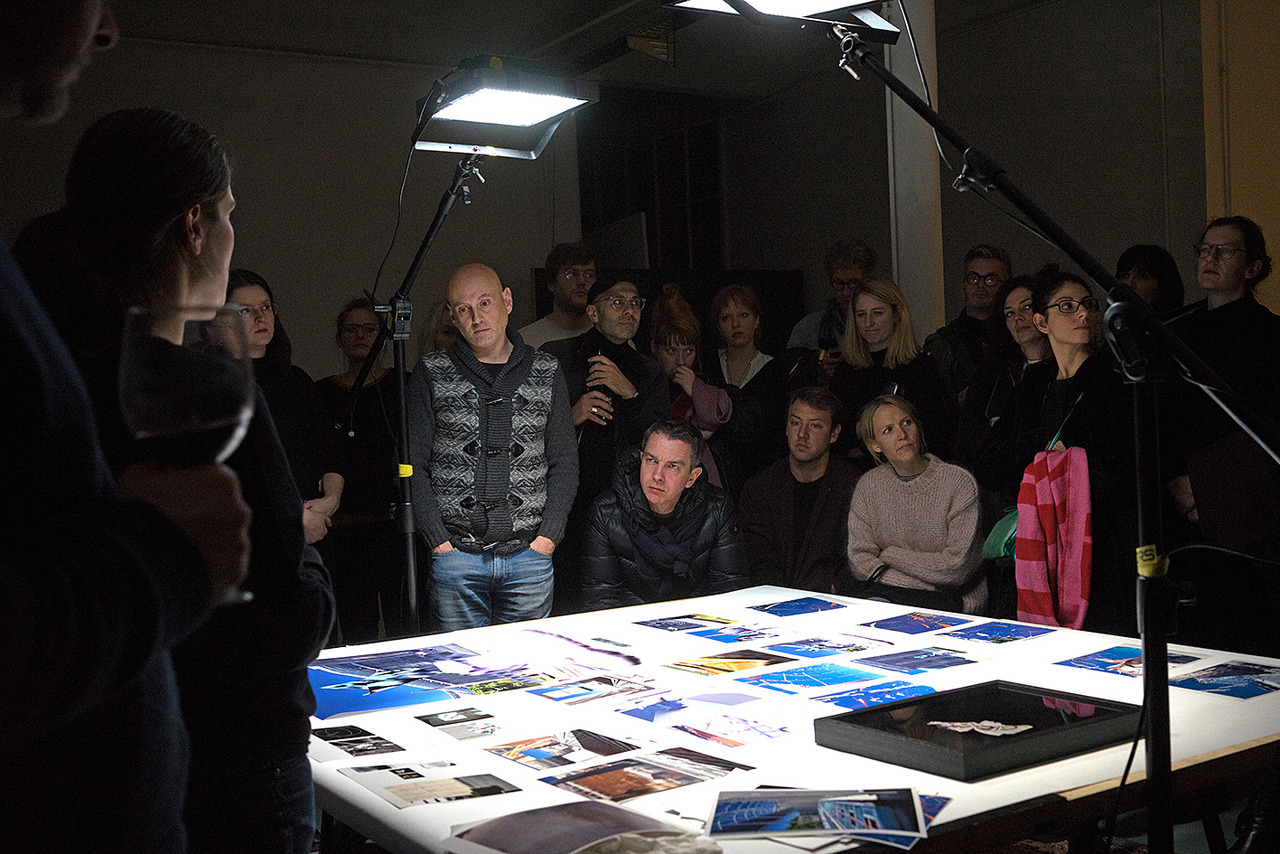
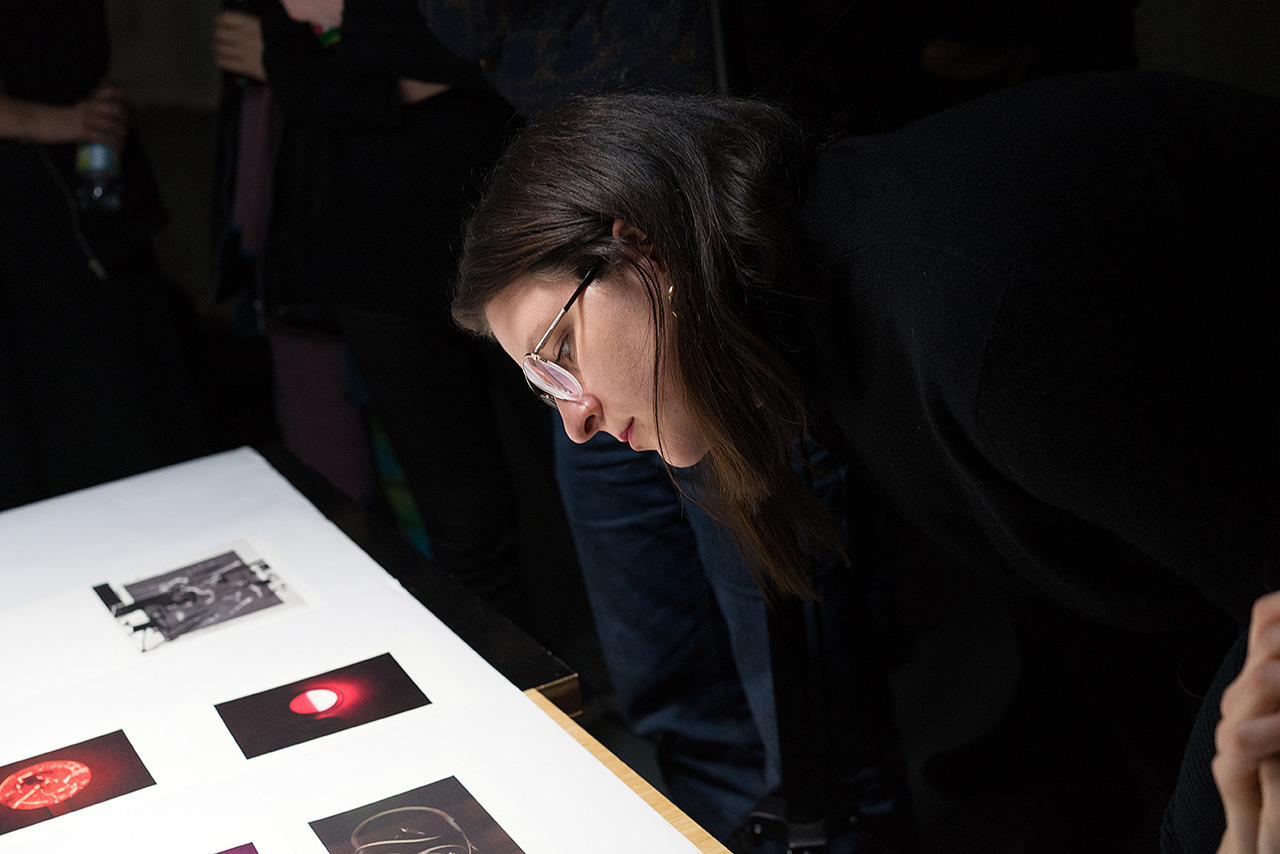
Karolina Spolniewski
Karolina Spolniewski: “The work Hotel of Eternal Light is a documentation of the former Stasi prison in East Berlin during the Communist era, symbolizing political persecution and oppression in an ailing state. Inmates at Hohenschönhausen described the prison ironically as the ‘Hotel of eternal light’ acknowledging the constant artificial illumination that was designed to suspend time. The focus is upon the sense of light, used perniciously on various levels by the prison regime as a form of control, guilt, and disorientation. Approaching the subject matter from a distinct representation of beauty to contrast its inherent ugliness and malformation.”
